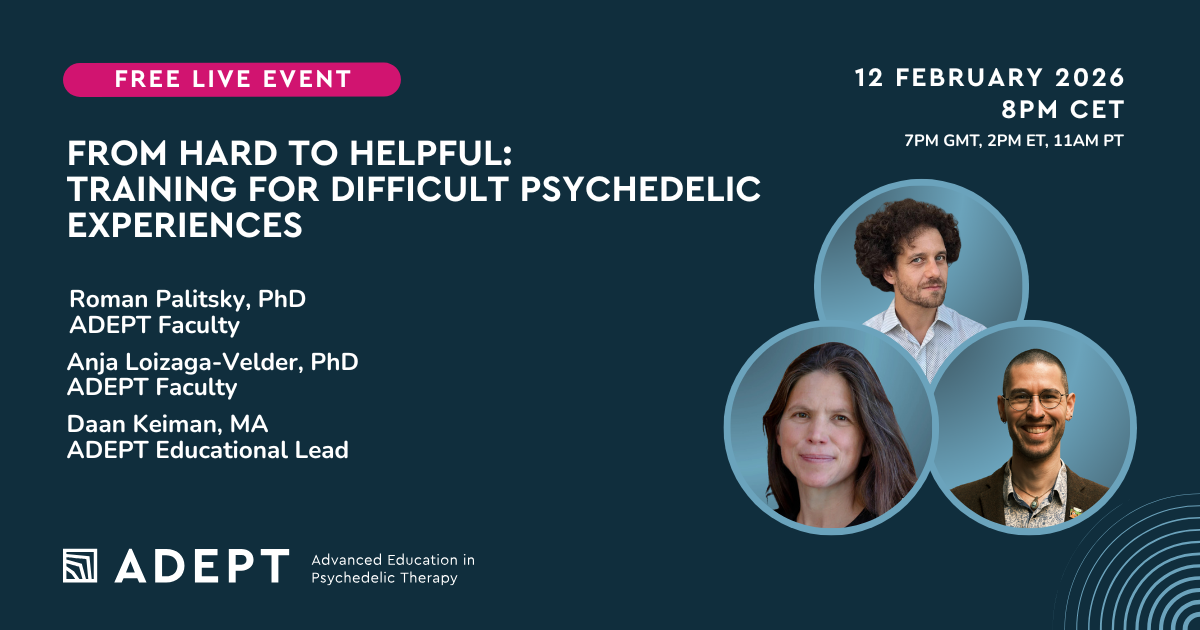Abstract
Recent scientific research into the therapeutic potential and mechanisms of psychedelic drugs raises intriguing and hitherto largely unexplored philosophical questions. A brief overview of the relevant science is given before addressing these questions. It is argued that psychedelic transformation is a distinctive psycho- pharmacological intervention because its mechanism of action ineliminably involves conscious mental representations, and thus is more transparent to the subject than the mechanisms of other drug therapies. This argument connects with issues in the philosophy of (cognitive) scientific explanation. It is also argued that transformative psychedelic experiences may well confer three distinct kinds of epistemic benefits: knowledge by acquaintance of the subject’s psychological potential, knowledge by acquaintance of the meta-physical nature of the (sense of) self, and revitalized capacities for the acquisition of modal knowledge. Non-naturalistic metaphysical and epistemological claims abound in psychedelic circles; thus, it is important to realize that psychedelics may yield naturalistically acceptable epistemic benefits.
Letheby, C. (2015). The philosophy of psychedelic transformation. Journal of Consciousness Studies, 22(9-10), 170-193.
Link to full text











